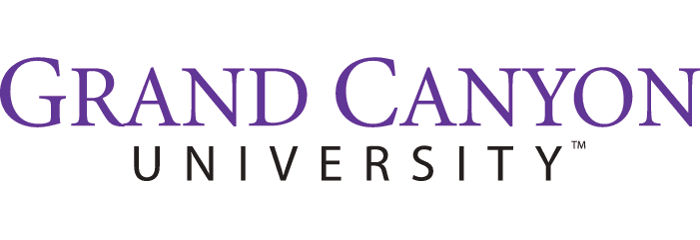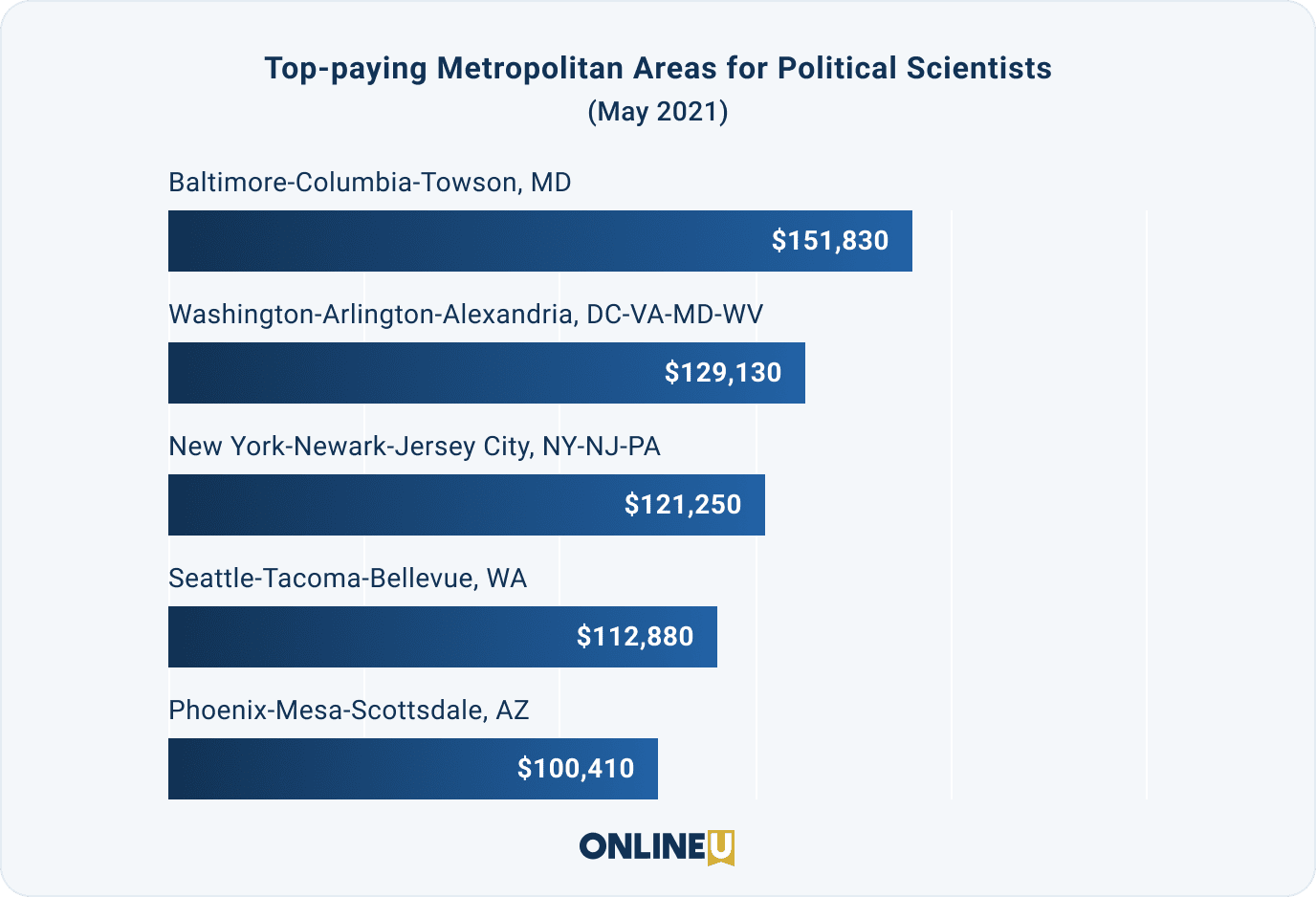2023 Best Online Master's Degrees in History
ON THIS PAGE
Overview Online Degree Courses Careers Worth It?An online master’s degree in history explores a range of important historical moments at both national and international levels. Prospective students can expect to gain critical thinking, problem-solving, writing, and research skills that will help them pursue senior-level careers — like historians, politicians, and journalists — or further education in history. An online master’s in history may dive into topics like historiography, digital history, and world history. Standard core courses for an online master’s in history include Historical Research Methods, Museum Studies, and North American students. Students can also expect to complete a capstone project, a seminar, and an internship before graduating.
View our methodology for more details about our list or learn more about OnlineU.
Learn more about how we make money. ">ADVERTISEMENT
Online History Master's Degrees You May Be Interested In

Arizona State University

Southern New Hampshire University Online
Annual Tuition: $11,286
3 Programs (view all)

Grand Canyon University
2023 Best Online Master's Degrees in History
| Rank | School | Salary Score | Median Starting Salary |
|---|---|---|---|
| American Public University System | $52,904 | ||
| University of Nebraska at Kearney | 91 | $50,130 | |
| Norwich University | 90 | $49,698 | |
| Arizona State University | 90 | $49,412 | |
| Sam Houston State University | 76 | $44,379 | |
| Rutgers University - Camden | 67 | $42,171 | |
| Johns Hopkins University | 62 | $40,898 | |
| Slippery Rock University of Pennsylvania | 58 | $39,875 |
2023 Online Colleges Offering Master's Degrees
Ranking Details
#1 American Public University System
- Salary Score: 95
- Median Starting Salary: $52,904
- Locations: Charles Town (WV)
- Accreditation: HLC
American Public University System (APUS) is a private, for-profit institution that offers two online degrees in history: (1) Master of Arts in History (36 credit hours) and a (2) Master of Arts in Military History (36 credit hours). The first program offers four concentrations, while the second offers five. It can take one year to complete either of these programs.
APUS facilitates asynchronous learning (meaning students can study at their own pace) through D2L Brightspace, a popular learning management system (LMS). A master’s in history often prepares students for a doctoral degree or a teaching career. Sample courses are Historiography, Historical Research Methods, and Studies in U.S. Military History. Both programs mentioned above require either a thesis or a capstone project. Potential career opportunities for graduates include researchers, record managers, and content producers.
#2 University of Nebraska at Kearney
- Salary Score: 91
- Median Starting Salary: $50,130
- Locations: Kearney (NE)
- Accreditation: HLC
The University of Nebraska at Kearney (UNK) is a public institution offering an online Master of Arts in History, which totals 36 credit hours. Full-time students can usually expect to complete the program within one year. Students can choose from three options: (1) Thesis, (2) Non-Thesis, or (3) Public History.
UNK facilitates asynchronous and synchronous distance learning on the LMS Canvas. The program’s curriculum helps students pursue high-level positions with leadership opportunities. Some of the program’s courses are America Interpreted, Historical Methods, and Digital History. Depending on the options students may choose, they may be required to complete a thesis, internship, or a directed research project. Prospective careers include archaeologists, educators, and museum directors.
#3 Norwich University
- Salary Score: 90
- Median Starting Salary: $49,698
- Locations: Northfield (VT)
- Accreditation: NECHE
At Norwich University — a private, nonprofit institution — prospective students can pursue an online Master of Arts in History requiring 36 credit hours. It can take 18 months to complete the program if students maintain a full-time pace throughout their studies. The program offers two primary areas of study that students can choose from: (1) North American History and (2) Global History.
Norwich's online students complete coursework asynchronously and synchronously, depending on the instructor. This program’s curriculum provides a comprehensive overview of major historical events. Some of the courses include Introduction to Public History, Museum Studies, and Total War. Depending on the selected track, Norwich may require its students to finish a capstone project, research seminar, and/or thesis before graduation. Alumni may go on to pursue careers as archivists, digital historians, and curators.
#4 Arizona State University
- Salary Score: 90
- Median Starting Salary: $49,412
- Locations: Tempe (AZ) (and 4 others)
- Accreditation: HLC
Arizona State University (ASU) is a public institution offering two online master’s degrees in history: (1) Master of Arts in World War II Studies (30 credit hours) and (2) Master of Arts in History (30 credit hours). The second program offers two areas of study: (1) North American History and (2) Global History. Full-time students can expect to complete either of these programs within a year.
ASU facilitates asynchronous and synchronous online learning via Canvas. The master’s programs in history provide students with a glimpse into specific historical periods. Sample courses include Global History, Historical Methods, and North American History. A capstone is also required for either program. Future careers for students may include archivists, educators, and publishers.
#5 Sam Houston State University
- Salary Score: 76
- Median Starting Salary: $44,379
- Locations: Huntsville (TX)
- Accreditation: SACS COC
Sam Houston State University (SHSU) is a public institution that offers an online Master of Arts in History requiring 30-36 credit hours. Students can choose a thesis or non-thesis option, as well as from three tracks: (1) Encounters and Exchanges, (2) Rights and Identity, and (3) War and Violence. Prospective students who are studying full time can expect to spend at least one year completing the program.
At SHSU, online students complete coursework asynchronously and synchronously on Blackboard. The history program’s curriculum helps students critically analyze historical events, with courses such as Methods in History, Intellectual History, and World Historiography. Additionally, a seminar is required for graduation. Potential career opportunities for graduates include journalists, political advisors, and museum curators.
Overview of an Online Master's in History
Pursuing an online history master's can help you understand the world as we know it, as well as the documented and recorded events that have helped shape humanity over thousands of years. Still, there are plenty of factors to keep in mind as you compare the best degree programs and schools that offer a history major for graduate students. For example, you'll want to search for an affordable master's in history program that suits your learning style and tastes, and you'll need to make sure your online school is fully accredited.
Before you dive into our ancient past with the goal of securing the future you truly want, you should also take the time to consider potential career paths for an online masters' degree in history. Read on to learn what a history master's program is truly like, how to pursue this field of study online, and common courses you'll need to take as part of your degree program.
What Is a History Master's Program Like?
First off, you should know that there are several degree options that fall under the umbrella of an online master's degree in history. The most common educational path is the Master of Arts in History, yet there are numerous concentrations students can choose from. For example, graduate school students can choose to pursue a Master of Arts in History, with a concentration in American History, Military History, Public History, Europe 1500-1815, History of the American West, and more.
While colleges and universities typically prefer candidates that have an undergraduate degree in history, it's possible to pursue an online master's in history with an undergraduate major in an entirely different field. A minimum GPA may be required to gain admittance to a master's degree program, as well as a personal statement, letters of recommendation, and a CV or resume.
Once admitted to this program, an online master's in history degree can require anywhere from one to two years of coursework, depending on the school and curriculum.
Can You Get an Online Master's in History?
While students can pursue a master's degree in history at a brick-and-mortar school in some cases, many opt to complete this graduate degree program online at their own pace. This option lets students continue working and taking care of other responsibilities while pursuing graduate studies in their spare time, and it allows them to continue their current living situation without having to relocate for school.
The key to finding the best online master's in history degree is making sure that the schools you consider are fully accredited by an accrediting organization that is recognized by the U.S. Department of Education. This ensures the online degree program will be fully respected, and the curriculum offered meets the same standards as brick-and-mortar institutions of higher education.
Curious to browse other online degree options? Explore our list of the best online degrees.
Common Courses for a Master's Program in History
The exact courses you'll take during this graduate program may depend on your school and your chosen concentration, if you have one. However, some courses for a master's in history online come pretty standard.
In addition to the completion of courses listed below, it's important to note that students may need to complete a comprehensive exam or thesis in their chosen concentration. Some programs may also require graduate students to complete a capstone project that encompasses the most profound lessons they learned while pursuing their studies.
Below are some of the most common core classes for history students at the master's level:
American History
American History explains the historical events that led to our country's official founding in 1776. Topics of study include the history of the Native Americans who inhabited this continent long before ancient explorers landed on its shores, as well as the political and social constructs that led to the creation of the U.S. Declaration of Independence and the U.S. Constitution.
Comparative History and Research
This course teaches students to use comparative research as a tool, with the goal of uncovering connections between historical events across time. Students will learn proper research techniques that are used in academic and professional settings as well as different comparative approaches to history. This course will almost certainly include a research project, which students complete as the culmination of their studies.
Digital History
This course studies current historical events through the lens of digital media. Students will examine the history of digital media and tools with the goal of understanding how our modern world explains the past while shaping our future in real time. The end goal of this course is helping students learn how they can use digital media and resources in order to preserve and safeguard history for future generations.
Historiography
Historiography is the study of historical writing, so it's not surprising that this course dives deeply into some of the most famous historical writings from our ancient past. Students study various historical texts as well as their interpretations and how they have changed over the years. Other topics covered include the role of historical narratives and how they shaped humanity as well as the preservation of historical writings for generations to come.
World History
This course provides an overview of the main historical events that have taken place since the beginning of recorded time. Students learn about various world events and how they impacted humanity, as well as how they were explained and shared over thousands of years. .
What Can You Do With a History Master's Degree?
It's easy to believe an online history master's degree can only lead to a career in teaching, yet this is far from the truth. In reality, this graduate degree program can lead to a plethora of career options — both inside and outside of the classroom.
Consider the following career prospects before you enroll in a mas"ter's in history degree program:
Historian
Historians spend their entire careers studying, documenting, and analyzing various historical events. They often archive and preserve materials of historical significance, and they may create presentations or write books based on their findings and theories. While many historians work for the federal government, some work for local and state governments as well as professional organizations.
Archivist
Archivists typically begin their careers with a master's degree in history or a related field. They use their knowledge and expertise to accurately appraise, process, and catalog various records and documents from our past. Many archivists work for museums, where they may help create exhibits that carefully display important historical items for public examination. In addition to working in museums, many archivists work for the federal government or in the educational services industry. As the data above indicates, job growth is expected to explode in this field in the coming years.
Political Scientist
Political scientists typically need a graduate degree in political science, history, or a related field to begin their careers. From here, these professionals use their in-depth knowledge of historical events in order to evaluate and interpret the political events we experience today. Not only do political scientists research historical events and the underlying political constructs that caused them, but they forecast future political and social trends as well. Many political scientists find work with the federal government, yet others work for professional, civic, or religious organizations.
Postsecondary Teacher
History majors with a master's degree can also find work in postsecondary teaching; although, most positions will be found in community colleges instead of four-year colleges and universities. Either way, this career option lets graduates impart their extensive knowledge of history on students who are also interested in learning about our past and how events from thousands of years ago still shape the world we live in today. Job openings in this field are also expected to increase, leading to the creation of 156,700 new positions.
What Is the Highest Paying Job With a History Degree?
While there may be some careers that pay history majors a higher salary, political scientists tend to earn the most among graduates with this degree. We already noted how the median annual salary for this field came in at $122,510, as of May 2021. However, that figure only tells part of the story.
Per recent data from the Bureau of Labor Statistics (BLS), the top 10% of earners in this field brought home an average salary of $172,490, as of May 2021. Further, some metropolitan areas within the United States posted higher than average salaries for all political scientists.

Financial Aid and Scholarships for Online Students
Students who plan to pursue a master's of history degree online should make sure they understand the financial aid opportunities that may be available to them. They should also take the time to fill out the Free Application for Federal Student Aid (FAFSA) for each year they attend school. After all, this form helps schools and states determine what financial aid they may be eligible for, whether that includes federal student loans, work-study programs, scholarships, or other types of assistance.
Students should also check for scholarship opportunities that apply directly to those pursuing a graduate degree in history, specifically. Popular history-themed scholarships to check out include the following:
- Boren Awards
- David Thelen Award
- Enid Hall Griswold Memorial Scholarship
- Daughters of the American Revolution (DAR) Centennial Scholarship
Is a Master's Degree in History Worth It?
Ultimately, the answer to this question depends on the school you choose, the exact degree program you pursue, and how much you choose to focus on your studies while still taking care of other responsibilities.
That said, there are plenty of advantages and disadvantages that come with this field of study when compared to other, similar programs.
Potential Benefits
Pursuing a graduate degree in history can lead to more job opportunities than a bachelor's degree. While a bachelor's degree in history is not typically enough to become a postsecondary teacher, an archivist, or a historian, earning a graduate degree unlocks the potential to pursue any of these careers.
Earning a master's degree in history can lead to higher pay. Many jobs for professionals with a master's degree pay significantly more than comparable careers for bachelor's degree holders.
Professionals who study history as their life's work tend to be happy in their chosen careers. According to a survey by CareerExplorer, historians report a high level of satisfaction in their careers, as do political scientists.
Potential Drawbacks
Some history degree jobs come with relatively low pay. An example includes archivists, who earned a median annual salary of $60,050, as of May 2021.
You may need a doctoral degree to teach history at the collegiate level. While a master's degree in history can help you secure a postsecondary teaching position in a community college, you'll typically need a doctoral degree in order to teach history at a university.
Pursuing your studies online requires a significant amount of discipline and focus. Studying online can make it more difficult to meet others in your program that can help you stay on track. To succeed in an online degree program, you'll need to have the discipline to see your program to fruition on your own.
Bottom Line
Earning an online master's in history can help you work toward the future you have always wanted — whether you desire a career as a community college teacher, a historian who studies the past as their life's work, or an archivist who spends the bulk of their career tracking historical objects and other amazing finds in museums.
That said, you'll definitely want to spend some time comparing the best online history degrees and the schools that offer them. Since all our online history degrees are fully accredited, you can begin your search for a program here.
Why Trust Us?
27 Data Researchers
60,000 Degrees Researched Annually
20,000 Hours Spent on Research Annually
Launching Rankings Since 2009
Related Articles
2023 Best Online Master's Degrees in Political Science
You can earn an online master's degree in political science from any of these schools, ranked according to salary score.
By OnlineU Staff Writers | 12/22/2022




